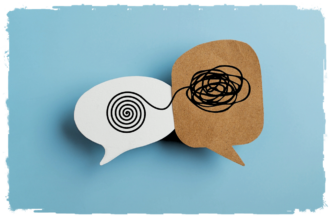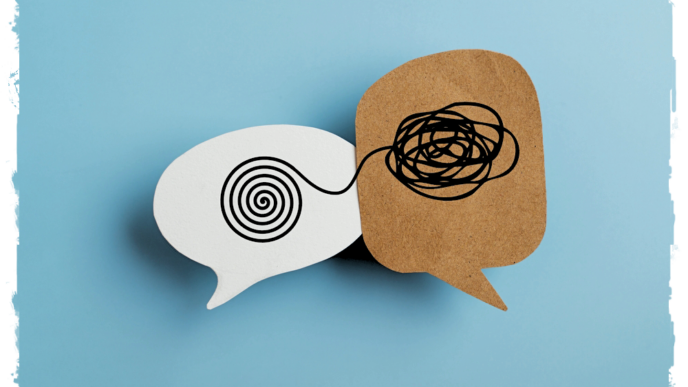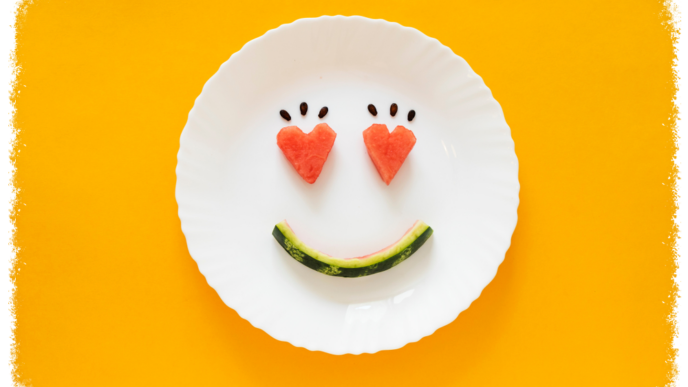WORDS LIM TECK CHOON
| I didn’t mean to hurt you I’m sorry that I made you cry Oh no, I didn’t want to hurt you I’m just a jealous guy – John Lennon, Jealous Guy |
Jealousy is a complex emotion that can manifest in various aspects of our lives, particularly in relationships.
THE MEANING OF JEALOUSY
Notable psychologist Dr Robin Stern describes jealousy as the fear of losing someone or something important, indicating that it can serve as a signal for underlying issues within a relationship.
According to Dr Baland Jalal, jealousy is hard-wired in humans and can motivate us to secure our relationships, but it can also lead to destructive behaviours if left unchecked.
| Jealousy and envy are often used interchangeably, but they are actually quite different. To find out more about envy and how to manage it, click here to read Faith Foo’s article on the topic. |
COMMON TRIGGERS OF JEALOUSY
Jealousy can be triggered by numerous factors, often stemming from personal insecurities or past experiences. Common triggers include:
- Comparisons. Observing others’ successes or relationships can evoke feelings of inadequacy.
- Fear of loss. Concerns about losing a partner’s affection or attention to someone else.
- Insecurity. Low self-esteem can heighten feelings of jealousy, making individuals more sensitive to perceived threats.
For instance, you might feel jealous if a close friend spends time with someone new, as this proximity amplifies comparisons and competitive feelings.
IS JEALOUSY NORMAL?
Experiencing jealousy is a common human emotion; however, it becomes problematic when it escalates into obsessive thoughts or behaviours.
While occasional jealousy can be normal and even healthy—serving as an indicator that something needs attention in a relationship—persistent jealousy can lead to significant issues.
It may foster mistrust and communication breakdowns, ultimately damaging the emotional intimacy crucial for healthy relationships.
HOW TO RECOGNIZE WHETHER YOUR JEALOUSY HAS GONE OUT OF HAND
Identifying when jealousy has spiraled out of control is essential for maintaining healthy relationships. Signs include:
- Hyperfixation. You constantly dwell on perceived inadequacies or deficits in your life compared to others.
- Possessiveness. You exhibit controlling behaviours towards partners or friends.
- Emotional distress. You experience anxiety or depression linked to jealous thoughts.
If you find yourself frequently questioning your partner’s loyalty or feeling irritable without a clear reason, it may be time to reassess your emotional state!
PRACTICAL STRATEGIES TO MANAGE YOUR JEALOUSY
Managing jealousy involves several proactive steps:
Self-Reflection
- Acknowledge your feelings of jealousy and explore their roots.
- Ask yourself questions like: “What am I really afraid of?” Such introspection can reveal your underlying insecurities that need to be addressed.
Open Up Communication
- Discuss your feelings with trusted friends or partners.
- Sharing your thoughts can alleviate anxiety and provide perspective on the situation.
Focus on Self-Improvement
- Build your self-esteem through personal achievements and hobbies, as this can reduce your feelings of inadequacy.
- Engage in activities that make you feel fulfilled helps shift focus away from comparisons with others.
Set Your Boundaries
- If certain situations trigger your jealousy, consider setting boundaries for yourself and your relationships.
- This could mean limiting exposure to specific social media accounts or having candid conversations with your partner about your feelings when it comes to their friendships with other people.
Practice Gratitude
- Cultivate an attitude of and regularly reflect on positive aspects of your life.
- This will foster a healthier mindset about your relationships and life in general.
SO, TO CONCLUDE
Jealousy is a natural emotion that signals deeper insecurities and fears within us.
While it can serve as a protective mechanism in relationships, unchecked jealousy can lead to toxic dynamics that undermine trust and connection.
By recognizing the triggers of jealousy and employing strategies to manage it effectively, individuals can foster healthier relationships and enhance their overall peace of mind.
Understanding that everyone experiences jealousy at some point allows us to approach this emotion with compassion rather than shame, paving the way for personal growth and stronger connections with others.
| This article is part of our series on mental wellness. |
References:
- The deeper meaning of jealousy: a psychological exploration. (2024, August 27). Mindful Health Solutions. https://mindfulhealthsolutions.com/the-deeper-meaning-of-jealousy-a-psychological-exploration/
- Here’s where jealousy comes from (and 3 ways to tame it). (2024, September 12). Cleveland Clinic. https://health.clevelandclinic.org/how-to-deal-with-jealousy
- Jealousy. (2024, June 27). Psychology Today. https://www.psychologytoday.com/intl/basics/jealousy














